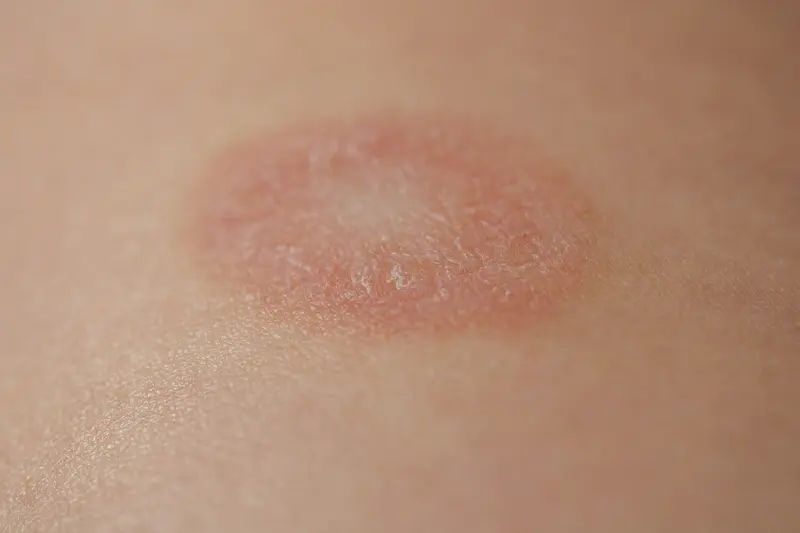- Male
- 32 Years
- 23/01/2025
I'm dealing with this issue for about 56 weeks now. I've got these small rashes on the skin of the penis cap and the inner skin too. Sometimes they seem to clear up, but then they come back. It also hurts during sex. Can you tell me what's going on?
Answered by 1 Apollo Doctors
Recurring Elevated CRP Levels in a 3-Year-Old
Possible Causes
- Recurring infections: Frequent infections, such as ear infections, pneumonia, or urinary tract infections, can cause elevated CRP levels.
- Autoimmune disorders: Conditions like juvenile idiopathic arthritis (JIA) or inflammatory bowel disease (IBD) can cause chronic inflammation and elevated CRP levels.
- Allergies or sensitivities: Food allergies or sensitivities can cause inflammation and elevated CRP levels.
- Gastrointestinal issues: Conditions like gastroesophageal reflux disease (GERD) or inflammatory bowel disease (IBD) can cause inflammation and elevated CRP levels.
Recommended Actions
- Consult a pediatrician or pediatric rheumatologist: Discuss your nephew's recurring elevated CRP levels and determine the best course of action.
- Comprehensive diagnostic workup: Consider additional tests, such as:
- Erythrocyte sedimentation rate (ESR)
- Liver function tests (LFTs)
- Stool tests for gastrointestinal pathogens
- Imaging studies (e.g., X-rays, ultrasound) to rule out underlying conditions
- Monitor CRP levels and overall health: Regularly check CRP levels and monitor your nephew's overall health, including his appetite, vomiting, and stool habits.
Possible Treatment Options
- Antibiotics or antivirals: If an underlying infection is identified.
- Anti-inflammatory medications: To manage inflammation and reduce CRP levels.
- Immunosuppressive medications: If an autoimmune disorder is diagnosed.
- Dietary changes: If food allergies or sensitivities are suspected.
Dr. Chandra Suggests...
Consult a Dermatologist
Answered 04/07/2025
0
0

More Dermatology Health Queries
View allI'm really struggling with this ringworm issue. It's been a year now, and I just can't seem to get rid of it. It's so frustrating! What can I do to finally get some permanent treatment? Any advice would be really appreciated.
To get permanent treatment for ringworm, consult a dermatologist for a personalized treatment pla
Answered by 1 Apollo Doctors
I'm looking for advice on the best minoxidil brand available in India. I've heard about brands like Regaine and Minoqilib. Are these any good, or do you suggest any other brands?
They are effective in promoting hair growth and treating hair loss. Another popular brand you can consider is Tugain. For best results, you can use Regaine 5% solution or Minoqilib 5% solution twice daily on the affected area of the scalp.
Answered by 1 Apollo Doctors
I'm really struggling with a fungal infection right now and could use some help. Could you recommend any antifungal creams that might work well for this? Would love to hear some specific names to look into.
need further details after evaluating your history I can prescribe you according to your history
Answered by 1 Apollo Doctors
Disclaimer: Answers on Apollo 247 are not intended to replace your doctor advice. Always seek help of a professional doctor in case of an medical emergency or ailment.




